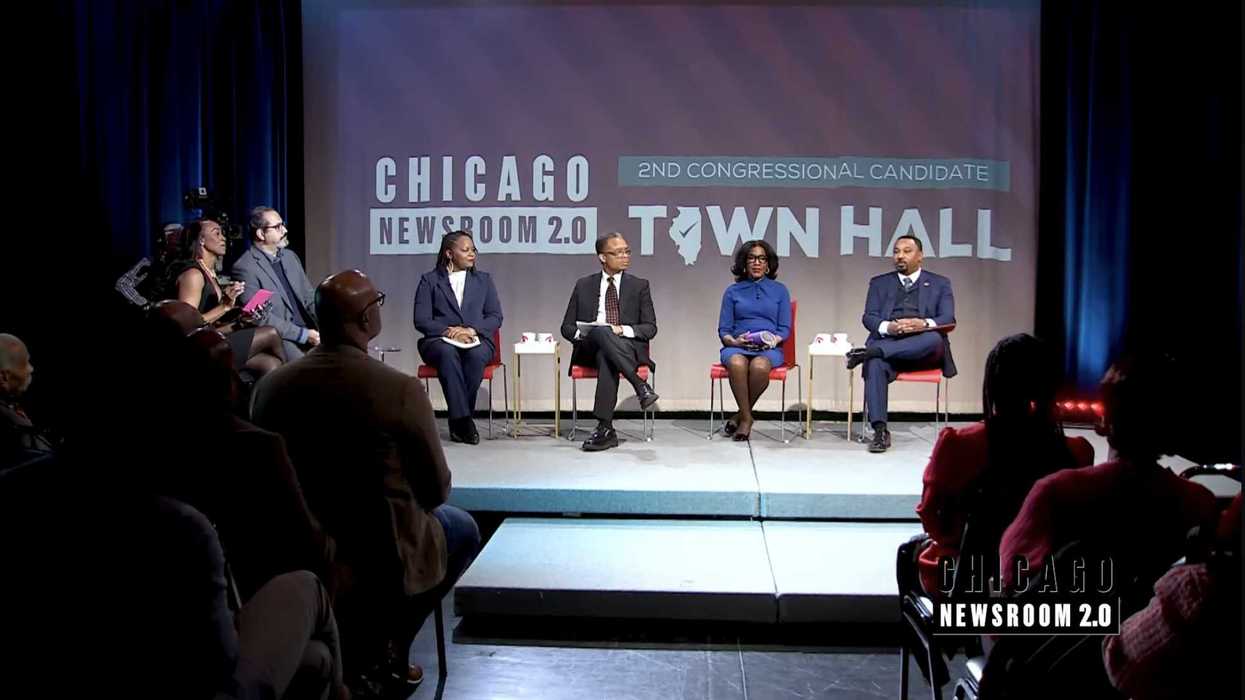The following letter is in response to "Lamont vetoed HB 5002. What could the reworked bill include?" published by the CT Mirror.
In 1999, Connecticut made a promise. As the state downsized psychiatric institutions, leaders pledged to reinvest those funds into home and community-based services. The goal was clear: honor the Olmstead decision, reduce unnecessary institutionalization, and build systems that support people where they live—with dignity, autonomy, and care.
That promise was never kept.
Today, families wait months for emergency shelter. Youth with mental health diagnoses are shuffled between fragmented systems. Police and hospitals are still the default response to what are fundamentally housing and health needs. And most critically, Black, Indigenous, People of Color with disabilities remain disproportionately impacted—overrepresented in institutional settings, underrepresented in leadership, and routinely denied access to culturally responsive care.
As former chair of the Keep the Promise (KTP) Coalition and past president of the National Alliance on Mental Illness (NAMI) Connecticut, I’ve spent decades working alongside families, youth, and providers who were told the money would follow the person. Instead, it vanished into bureaucratic silos and short-term fixes. The systems we were promised—trauma-informed, inclusive, and community-rooted—have become reactive, exclusionary, and retraumatizing.
This isn’t just a policy failure. It’s a moral one.
The recent federal executive order encouraging expanded civil commitment and criminalization of homelessness only deepens the crisis. Threats to Medicaid and Medicare also reverse decades of advocacy and evidence-based practice. It ignores the lived realities of those most affected. And it sends a chilling message: that institutionalization is easier than investing in people.
But we know better. We know that housing is healthcare. That culturally responsive, community-based services save lives. That youth and families thrive when systems are built around their strengths—not their diagnoses.
Connecticut must reckon with its broken promise. We need transparency about where those funds went. We need reinvestment in housing, peer support, and wraparound services. And we need to center the voices of those most impacted—especially communities of Black, Indigenous, People of Color with disabilities—in every decision moving forward.
The money was supposed to follow the person. It didn’t. It’s time to make good on that promise.
Doris Maldonado Mendez is a member of the Connecticut Mirror’s Community Editorial Board.






















 Mayor Ravi Bhalla. Photo courtesy of the City of Hoboken
Mayor Ravi Bhalla. Photo courtesy of the City of Hoboken Washington Street rain garden. Photo courtesy of the City of Hoboken
Washington Street rain garden. Photo courtesy of the City of Hoboken